








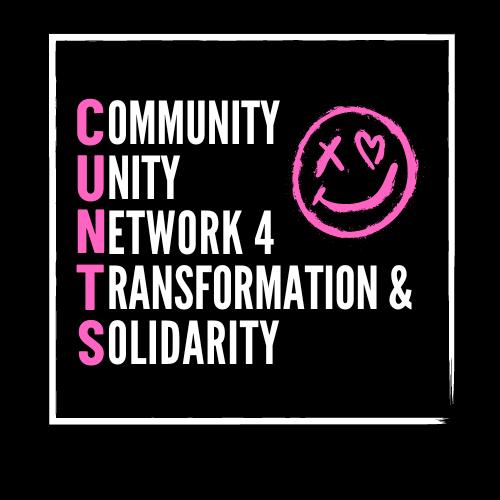
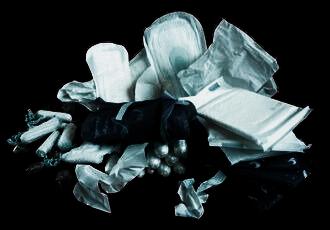
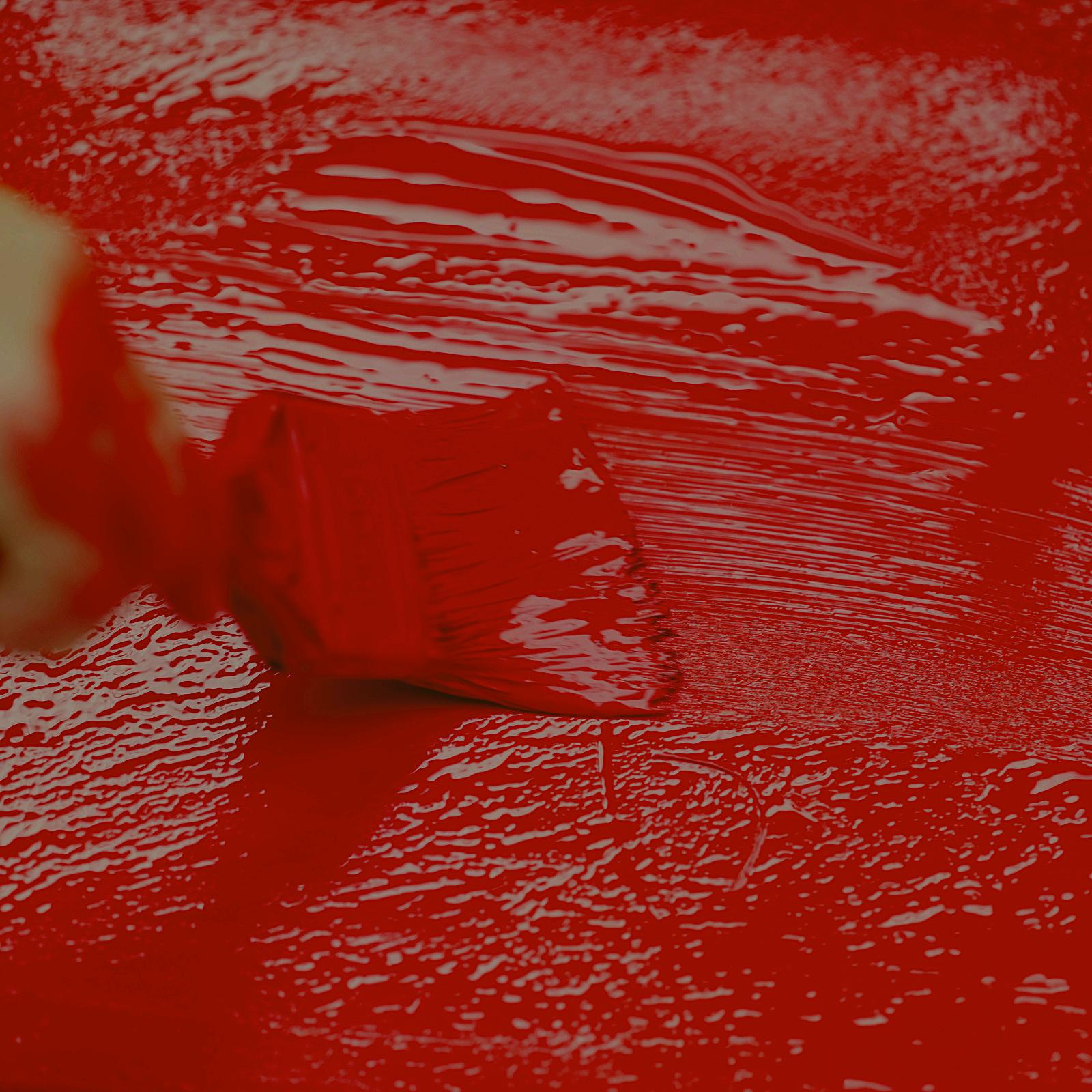
This zine sheds light on the experiences of those who bleed in the shadows of war — menstruators whose stories are often overshadowed by the noise of battles and political agendas.
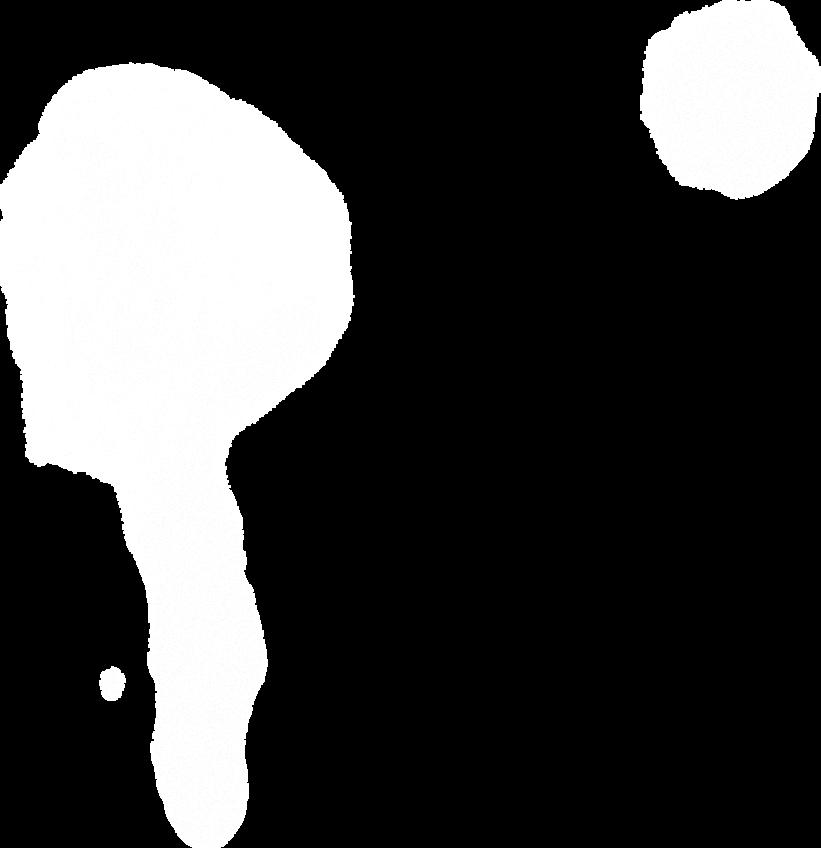
Through art, poetry, personal accounts, and insightful commentary, this zine explores individuals' challenges in navigating menstruation amid conflict. From lack of access to menstrual hygiene products and safe spaces for management to stigma exacerbating their plight, these pages amplify voices that deserve to be heard.

Learn how to create your own menstrual pads amid crisis and find ways to help menstruators across the globe get access to the products they need.
Distribute this zine, use this zine, do what you want with this zine. Its yours. With Love from the Community Unity Network 4 Transformation & Solidarity cunts4change.org
This zine is dedicated to
Basma Saquallah
Saja Saquallah
Aya Saquallah
Esraa Saquallah
Alaa Saquallah

All Menstruators in Palestine

Sudan
Congo
Yemen
Syria
Haiti
Somalia
Ethiopia
Ukraine
War Zones & Areas where access is abysmal
All menstruators deserve access to supplies and products periods don't stop for war
1. Access to Clean Menstrual Absorption Materials:
- Menstruators must have access to clean materials to absorb or collect menstrual blood.
2. Safe and Private Changing Facilities:
- Menstruators should be able to change menstrual materials safely and privately, with access to facilities for disposal of used supplies or washing reusable materials.
3. Access to Safe and Private Washing Facilities:
- Menstruators must have access to safe and private facilities for washing with soap and water during menstruation.
4. Menstrual Education:
- Menstruators should receive basic education about the menstrual cycle and how to manage menstruation without discomfort or fear.
5. Access to Menstrual Health Information and Care:
- Women and girls must have access to health information and care if they experience menstruationrelated disorders.
6. Safe, Effective, and Acceptable Menstrual Products:
- Menstrual products provided should be safe, effective, and acceptable to the individuals who use them. These may include:
- Disposable sanitary napkins
- Reusable sanitary napkins
- Disposable tampons
- Menstrual cups
- Clean, absorbent fabrics such as rags or underwear.
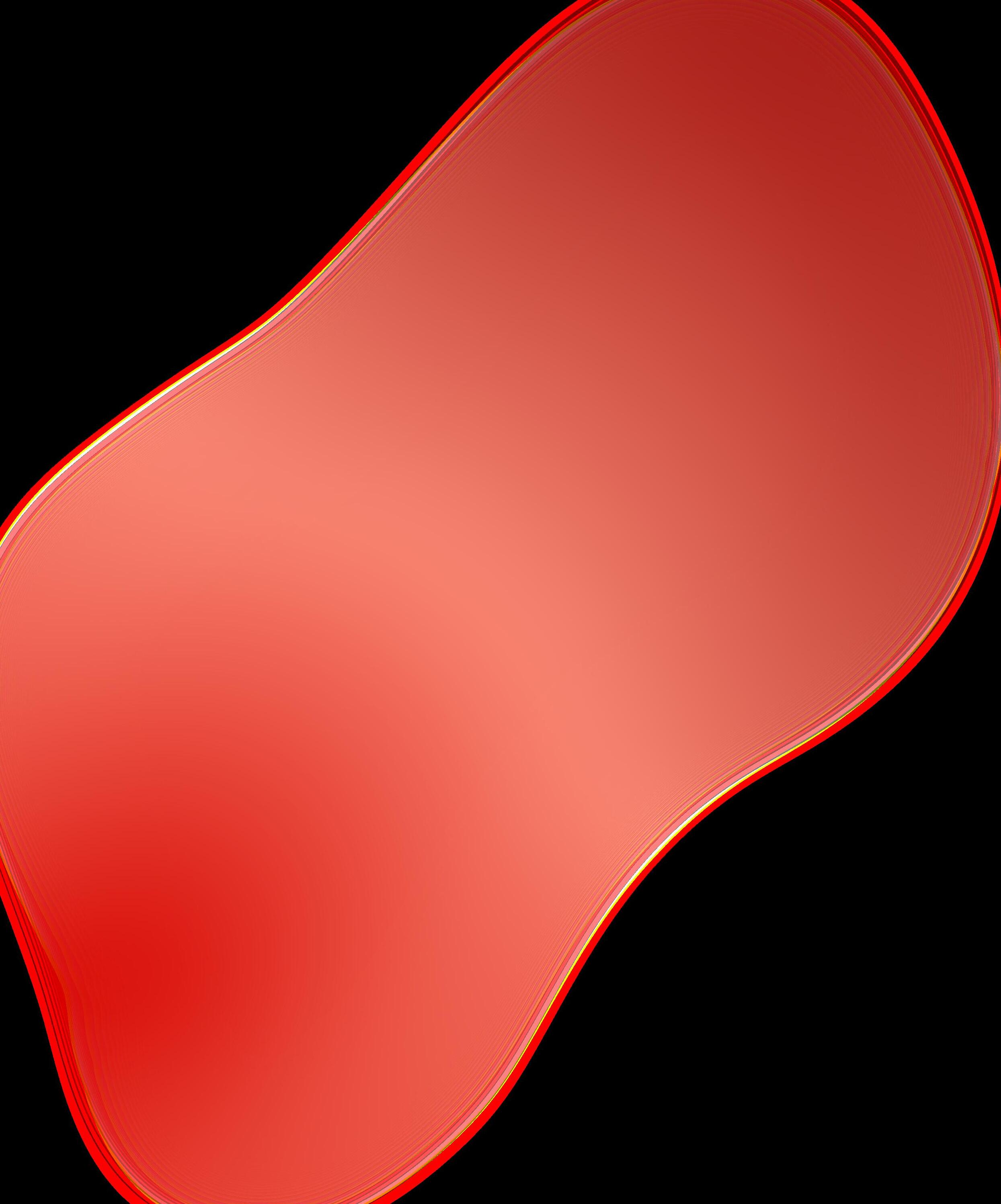
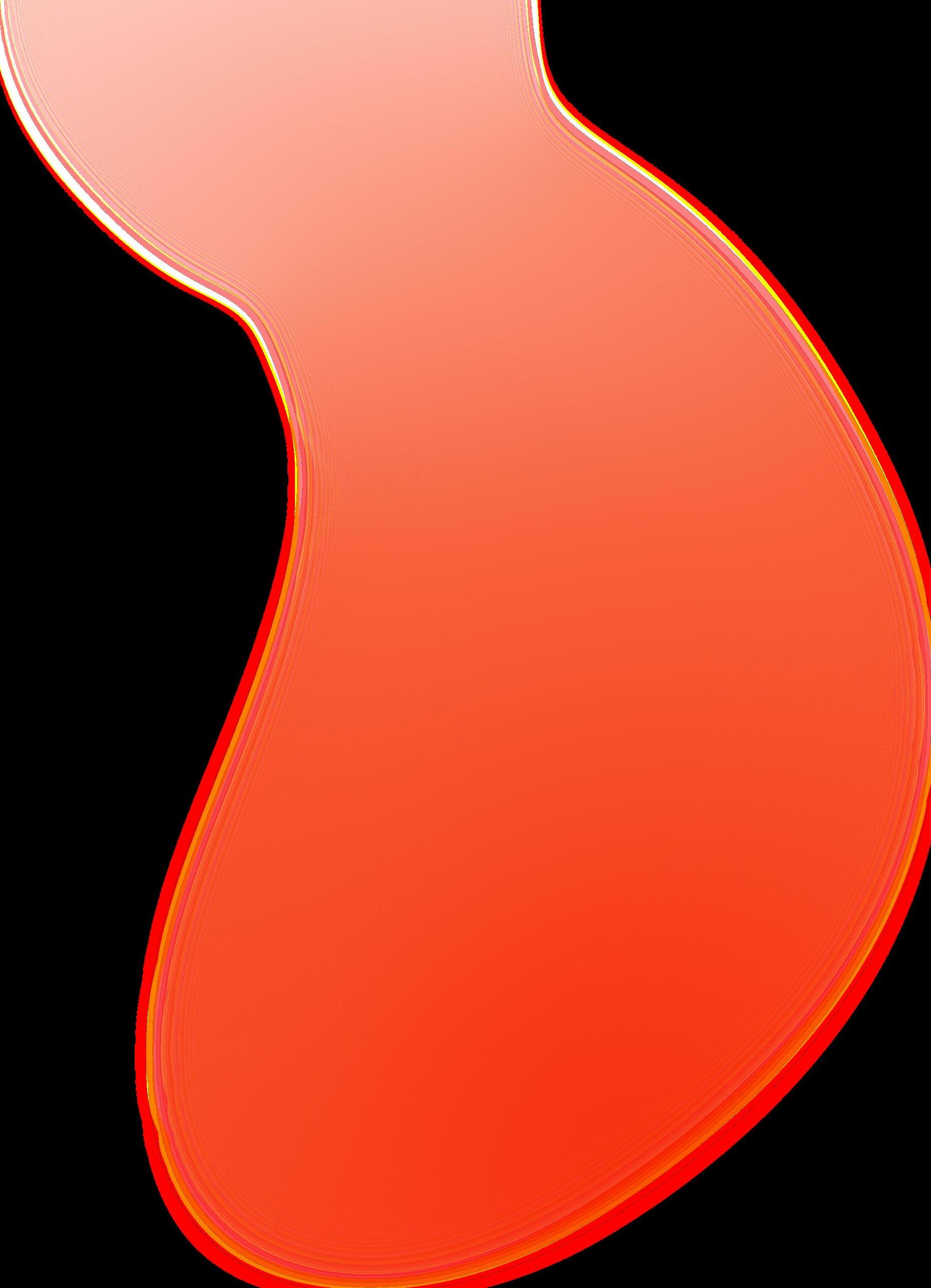
In Gaza lived fourteen-year-old Fatima. She had known little peace in her short life, her days overshadowed by the relentless drumbeat of war. The war had stolen her innocence, her dreams, and her mother. But it was not just the bombs and bullets that haunted her - it was the silent agony of her own body.
In a world where even the most basic necessities were scarce, how could she hope to manage the monthly tide of blood?
There were no sanitary products to be found, no clean water to wash away the stains of her shame. Fatima's only recourse was to fashion crude pads from scraps of tent cloth, praying they would hold against the relentless flow.
Each month brought fresh anguish as Fatima struggled to navigate the uncharted waters of menstruation amidst the chaos of war. The lack of hygiene products left her vulnerable to infection, her body a battleground ravaged by unseen enemies. And yet, there was no respite, no refuge from the relentless onslaught of blood and pain.
In the eyes of the world, Fatima was just another casualty of war, her suffering eclipsed by the larger narrative of conflict. But for her, the wounds ran deep, invisible scars etched upon her soul. She was a prisoner of her own body.
She longed for release, for an escape from the horrors that plagued her every waking moment. But amidst the rubble and ruins of Gaza, there was no solace to be found, only the bitter taste of tears and the haunting echoes of a life torn away. And so, Fatima became a silent symbol of the forgotten casualties of war, her pain a stark reminder of the human cost of conflict. In a world where blood flowed as freely as tears, she was another victim, lost amidst the rubble.
October 7, 2023 was 217 days ago.
217 days / 28 days per cycle
≈ 7.75 cycles


The World Health Organization and UNICEF define menstrual hygiene management as ensuring that women and adolescent girls have access to clean materials for managing menstrual blood, the ability to change these materials in privacy as needed, the means to wash their bodies with soap and water, and safe facilities for disposing of used menstrual products. It also involves understanding the menstrual cycle and managing it with dignity and without discomfort or fear. However, in Gaza, where approximately one million menstruators reside amidst the chaos of conflict and displacement, these basic needs are not being met. Overcrowded shelters, scarce water resources, and damaged infrastructure make accessing clean materials and facilities incredibly challenging. Women resort to makeshift solutions like using cloth for pads, but even finding water to wash is a struggle. The unsanitary conditions increase the risk of infections, adding to the already dire healthcare situation exacerbated by the destruction of medical facilities. The UN estimates that around 700,000 women, girls, and menstruators in Gaza experience menstrual cycles without adequate access to basic hygiene products, clean water, or even toilets due to the ongoing conflict. This puts them at risk of serious health complications, including reproductive and urinary tract infections, further exacerbated by the destruction of the healthcare system by Israeli attacks. Many are turning to menstruation-delaying pills as a last resort. They are taking norethisterone tablets, typically prescribed for conditions like severe menstrual bleeding, endometriosis, and painful periods, to alleviate the discomfort and pain of menstruation. The pills may have side effects such as include irregular vaginal bleeding, nausea, changes to the menstrual cycle, dizziness and mood swings.
The situation is dire, highlighting the urgent need for humanitarian intervention to ensure that women and girls in Gaza can manage menstruation safely and with dignity, even amidst the devastation of war.


Not far from Gaza, a similar silent battle is being fought among women, girls, and menstruators in Sudan. The war in Sudan has claimed over 13,000 lives and the toll is still rising, Forced displacement of families consistently leads to the lack of necessities including menstrual products. The scarcity of these products is made worse by inflation, which has driven prices beyond the reach of most Sudanese people, particularly as families struggle to access enough food and clean water. In some cases, the route and destination of displaced individuals are unknown, making it difficult for them to access necessary supplies even if they manage to find safer spaces.
The severe shortage of menstrual products increases the risk of infections among women and girls, particularly in the absence of access to clean water and medical services. This risk is further heightened in internally displaced persons (IDP) camps and those who have experienced female genital mutilation. According to the UNICEF, approximately 87% of women and girls aged 15 to 49 in Sudan have undergone some form of Female Genital Mutilation, as of 2017.
In addition, Sudanese women, girls, and menstruators frequently experience silence and isolation, stemming from widespread ignorance about menstrual health and hygiene. Social taboos often lead to their exclusion from family and community activities, compelling them to adopt unsanitary practices.
These stories are found across the globe in conflict zones and areas experiencing period poverty. Syrian menstruators in refugee camps speak of using rags and scraps when they can, those in the DRC face enormous inflation prices making it impossible for the Congolese to afford the necessary hygiene products, fear of violence in Haiti when shopping for products make it difficult to access the necessities needed. Violence, stigma, lack of access, lack of water, infections, and pain effect menstruators in conflict throughout the world.


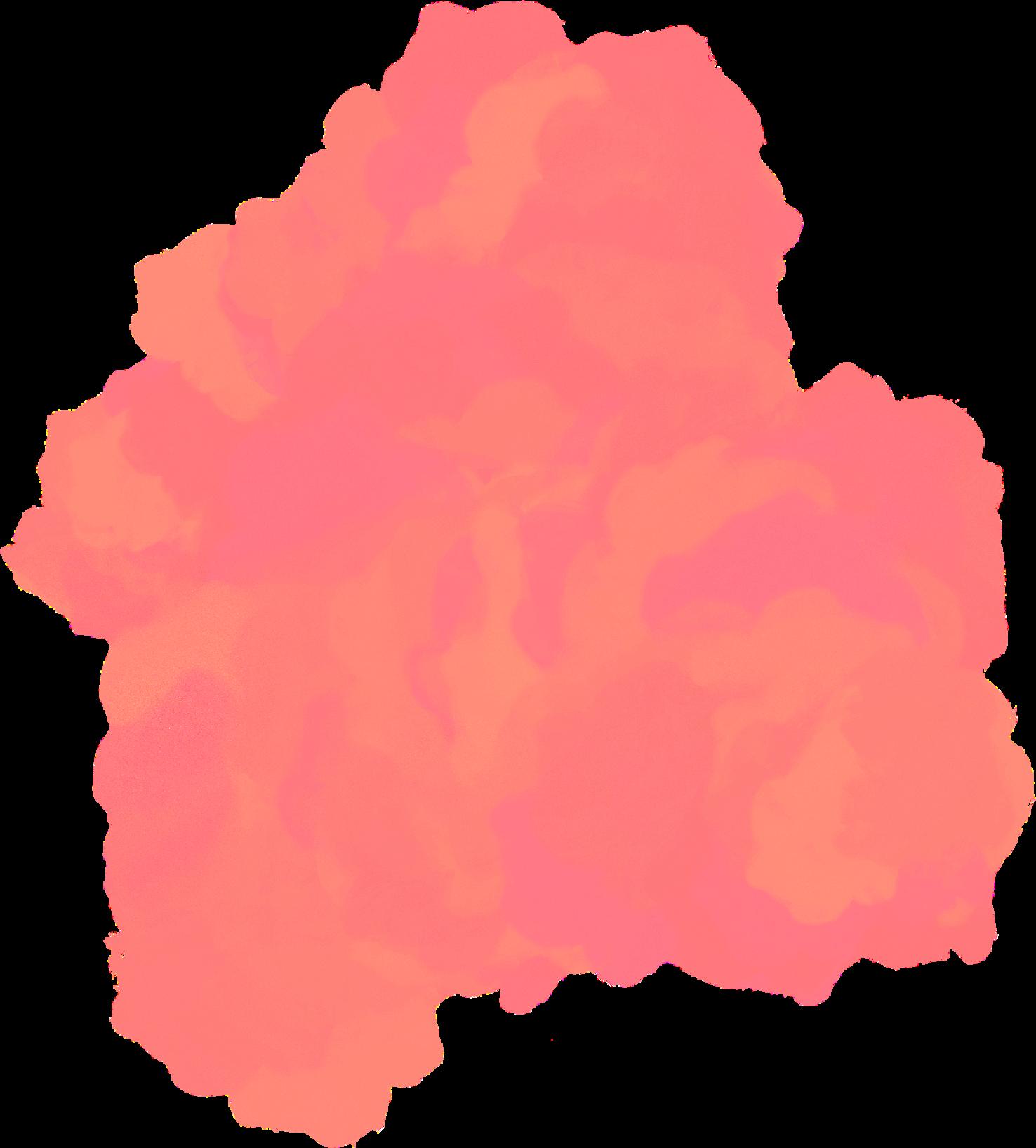
PIOUS PROJECT - Hygiene kits for gaza
https://piousprojects.org/campaign/2712
We are raising funds through Pious Projects to distribute hygiene kits to vulnerable women in Gaza that are displaced by this latest violence. At $20 each, this kit will include - but is not limited to - sanitary pads, a hair brush, tooth brush, toothpaste, cotton swabs, wipes, tissues, and other hygienic items depending on availability. Distributions will take place in various areas accessible to on-ground teams such as camps in Rafah and UN schools.
Humanitarian Period Packs for Women in Gaza
https://givebutter.com/3MjUvi
A global alliance of humanitarian relief organizations and businesses is launching a campaign to provide sustainable period kits to Palestinian women and girls in need.
Fihri, The Millie Community, and Viv have joined forces to address the urgent need for feminine hygiene products for the over 591,000 displaced women in Gaza by supporting the Jordan Hashemite Charity Organization (JHCO) and Palestinian Medical Relief Society (PMRS).


https://www.classy.org/give/134603/#!/donation/ checkout
Persecution Project Foundation (PPF) wants to provide an additional 1,000 marginalized women in Sudan with a "Dignity Kit"-- a safe, comfortable, and reusable feminine hygene solution. Every $20 gift provides a Dignity Kit to our sisters. A gift of $200 covers 10 women, and so on! UNFPA - Dignity Kits
https://www.unfpa.org/donate/DignityKits
https://www.ippf.org/donateadignitykit International medical corps - Dignity Kits
https://give.internationalmedicalcorps.org/page/ 70724/shop/3?productId=2963&name=Dignity+Kit? locale=en-US

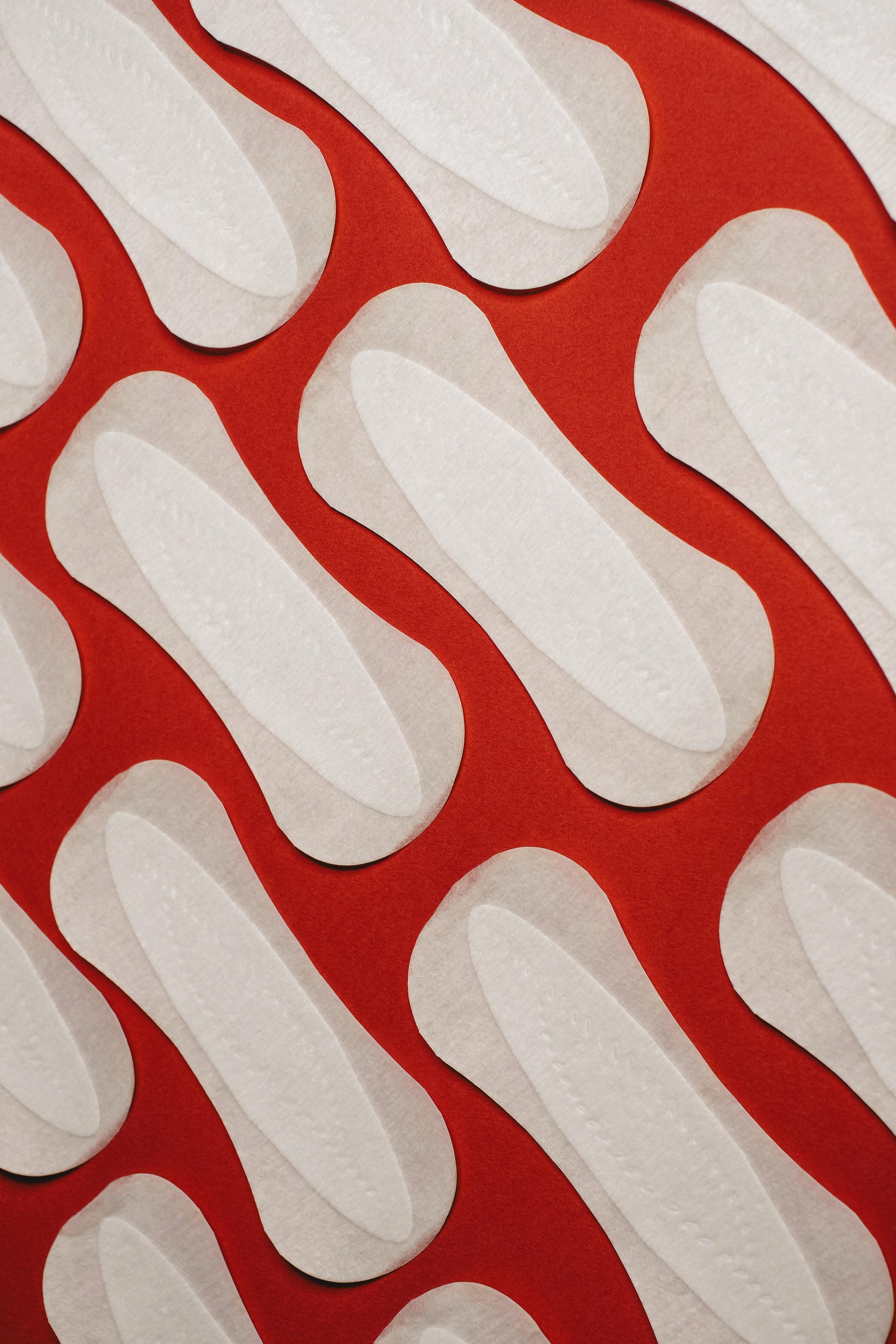
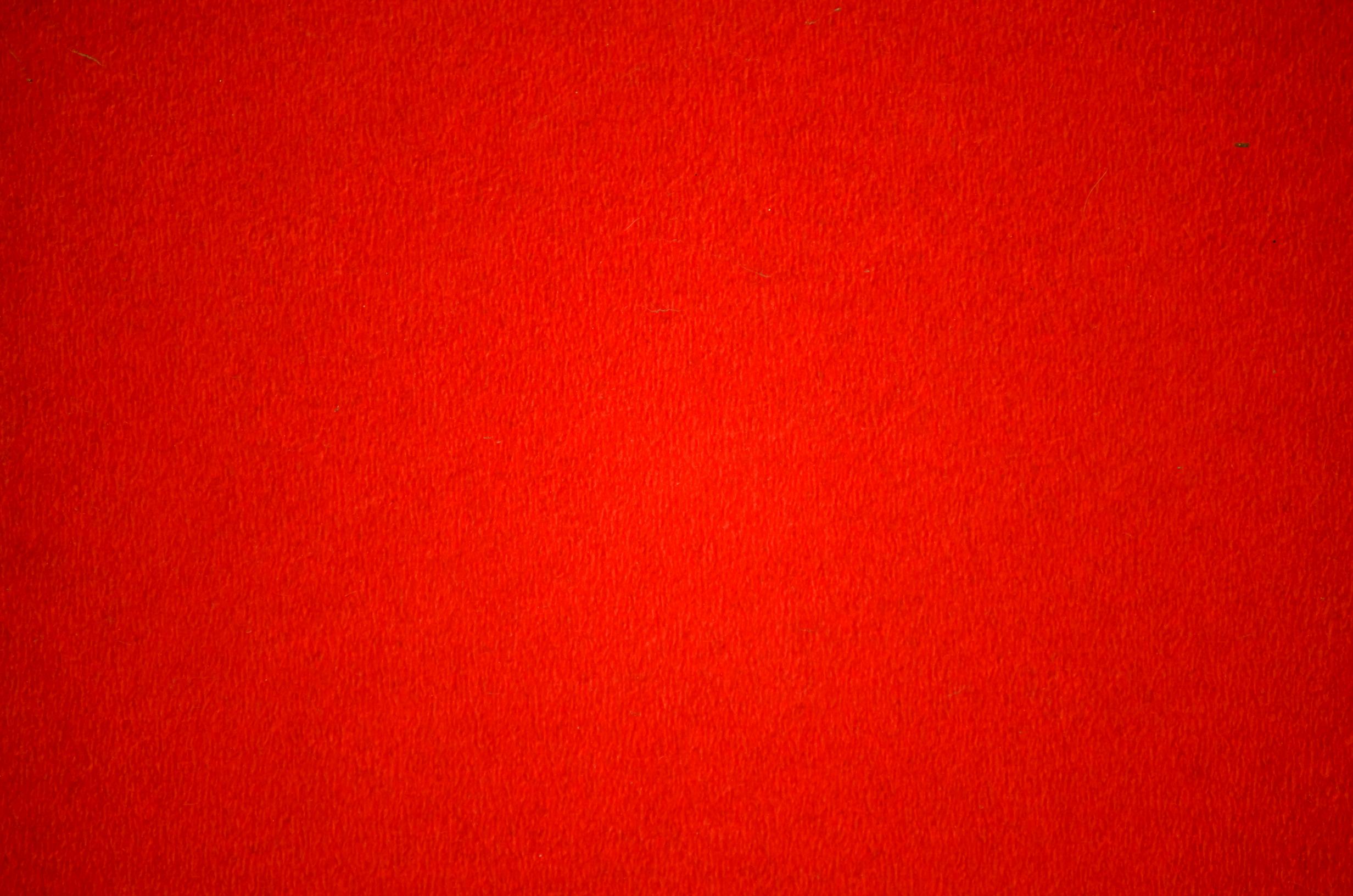
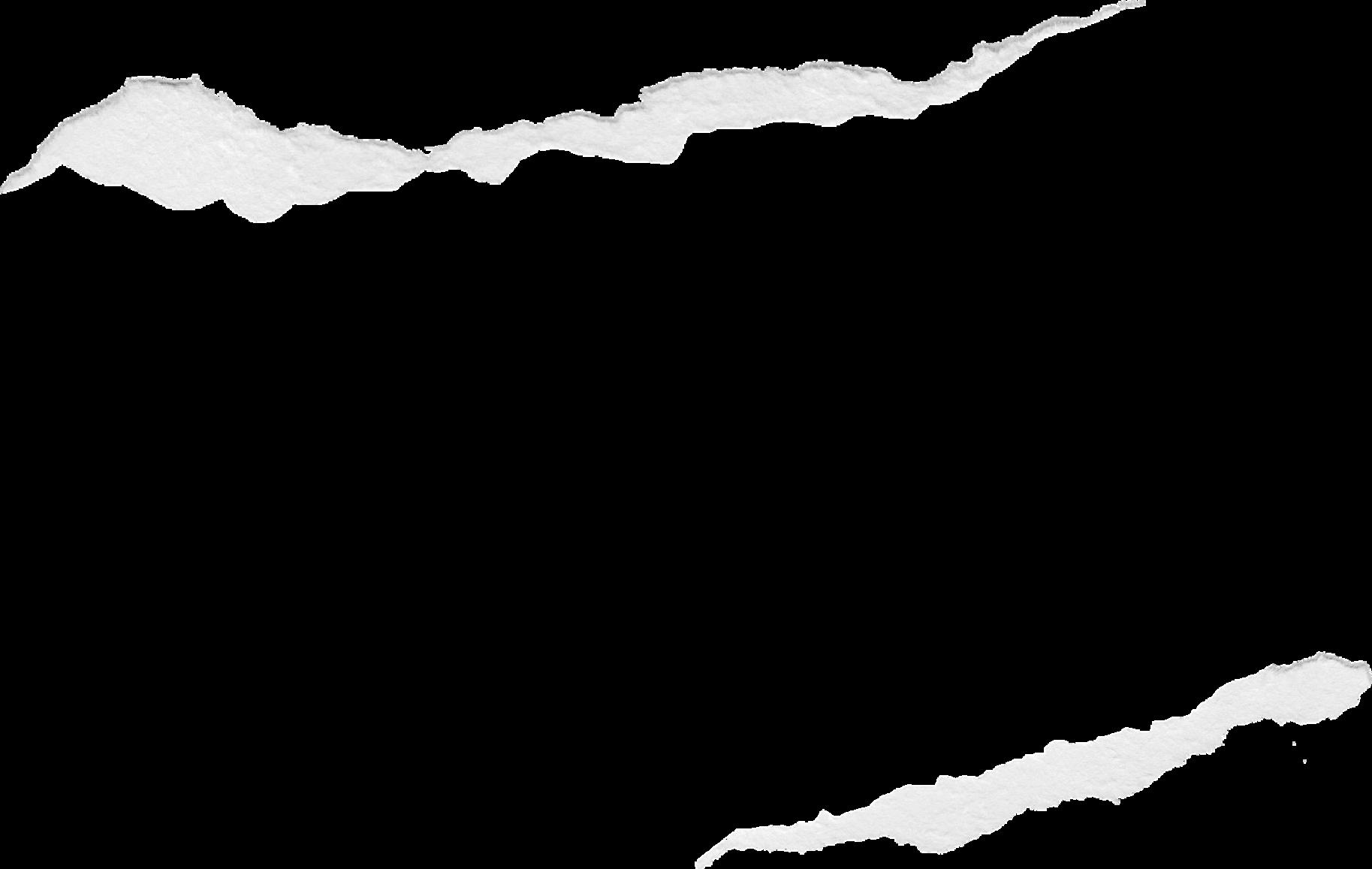



Thin
Sewing
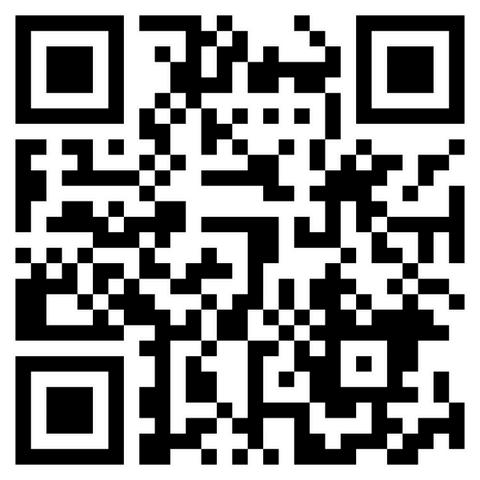
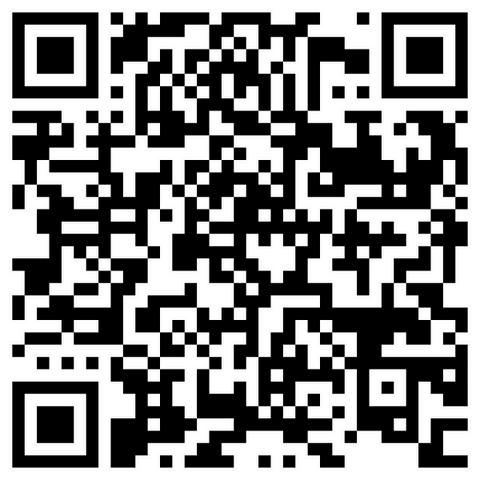
https://www.youtube.com/watch? v=by9JsyrcbTw
https://www.actionaid.org.uk/sites/ default/files/d.i.y. reusable
Instructions by Actionaid

Scan the QR Code or visit the website below for the template
https://www.actionaid.org.uk/sites/default/files/ d.i.y. reusable sanitary pads.pdf
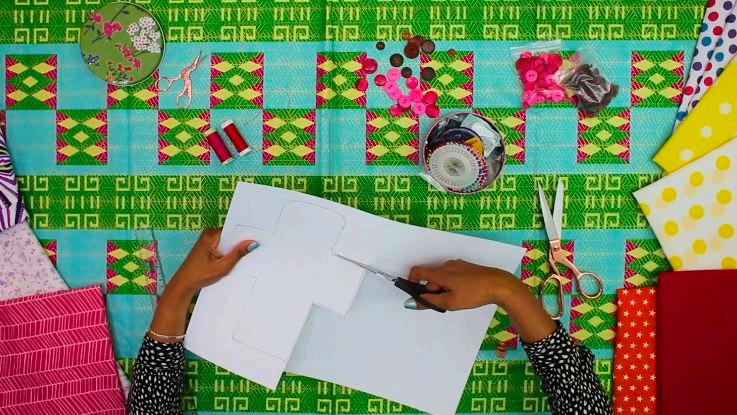
Print out the template and cut along the dotted line.
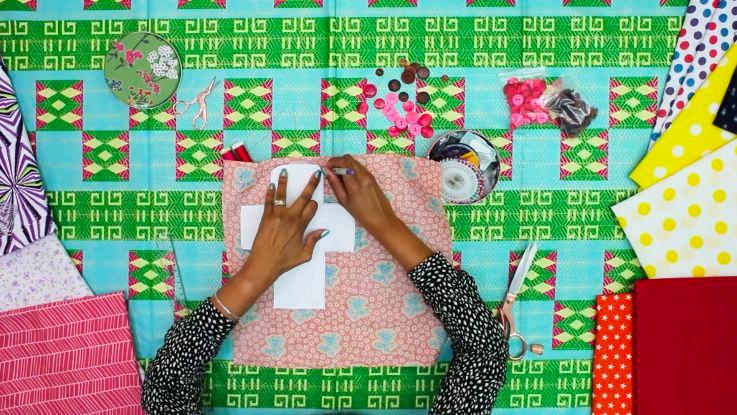
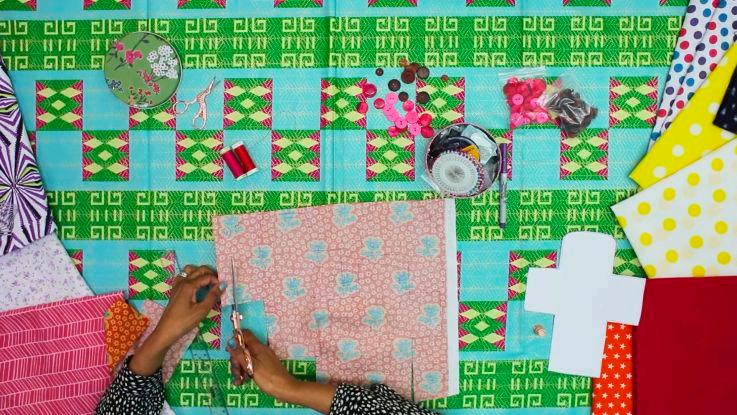
Reverse the cotton fabric or material and trace the template over it using a marker. Trace the template twice to create two pieces / d
Using sharp scissors, cut out the two cotton pieces.
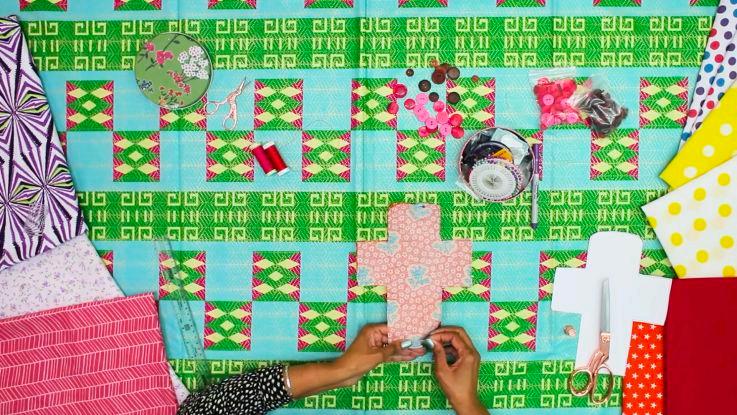
Place one piece on top of the other, with the sides of the fabric you would like on the exterior or outside of the pad facing each other.
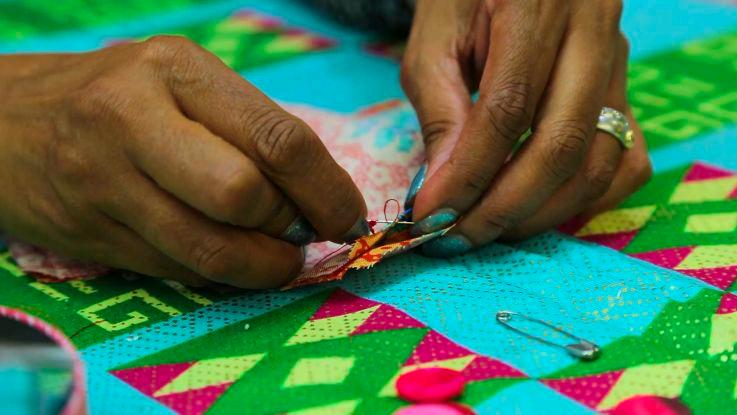
Sew the sides of the two pieces of fabric together, leaving the top and bottom bits open. Turn down the edges of the top and bottom bits and stitch along them, creating a hem.
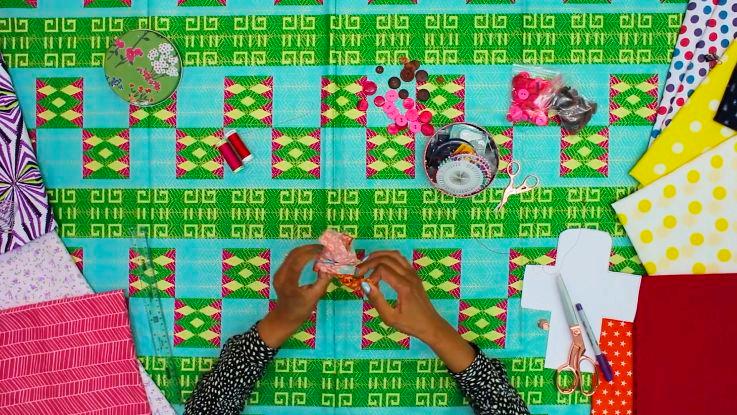
Turn the fabric inside out, revealing the outside/exterior and concealing the seams on the inside. Sew up the sides/wings.
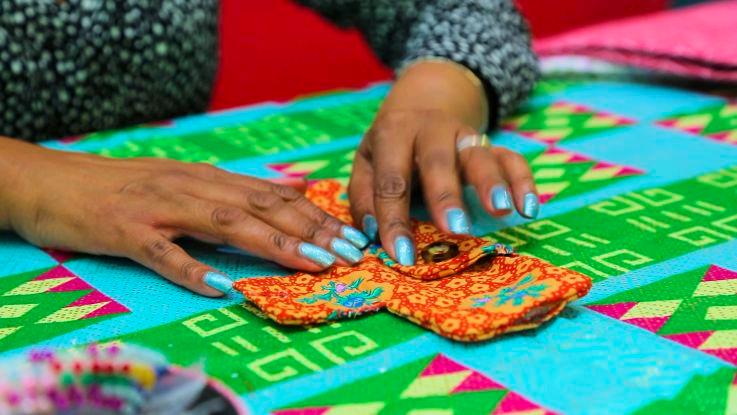
a button in the centre of ight wing. Mark on the left g where you will need a on hole. Cut the hole and around the edges of the to prevent fraying.
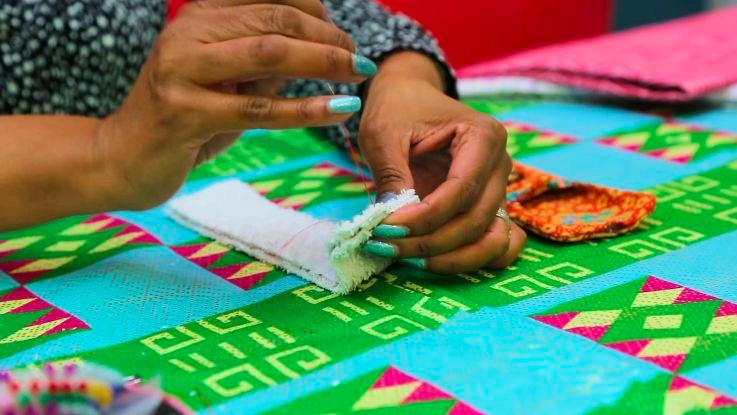
Use a ruler to cut two 20cm long x 6cm wide rectangles from a towel. Lay the pieces on top of each other and sew them together along the top and bottom.
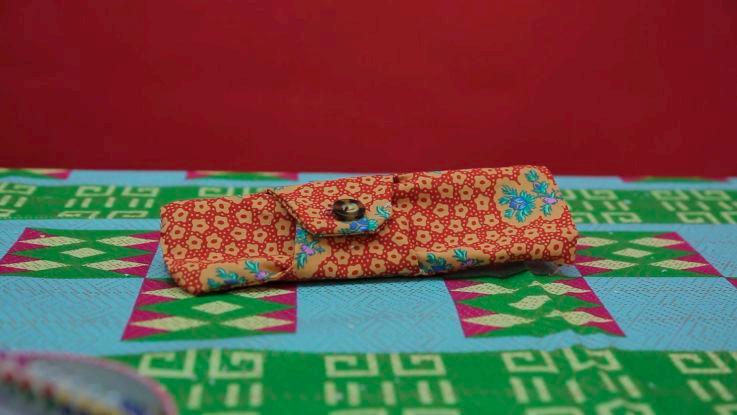
Attach a large safety pin to the top of the lining. Then insert the lining into the casing, using the safety pin to pull it up to the top. Finally, remove the pin. Voila!
https://actionaid.org/news/2024/women-gaza-resort-using-scraps-tent-place-periodproducts-and-go-weeks-without-showering
https://www.aljazeera.com/news/2023/10/31/no-privacy-no-water-gaza-women-use-perioddelaying-pills-amid-war
https://cpt.org/2024/01/19/menstrual-periods-dont-stop-for-wars
https://www.theguardian.com/global-development/2024/mar/05/my-period-has-becomenightmare-life-in-gaza-without-sanitaryproducts#:~:text=The%20UN%20estimates%20that%20nearly,one%20toilet%20per%20486%20peo ple.
https://www.unicef.org/sudan/stories/busting-menstrual-health-and-hygiene-mythssudan
https://sihanet.org/periods-dont-stop-for-war-stand-with-sudanese-women-and-girlsthey-need-your-help-now/
https://borgenproject.org/period-poverty-in-sudan/
https://borgenproject.org/period-poverty-in-the-democratic-republic-of-the-congo/ https://southsudan.unfpa.org/en/news/%E2%80%9Cmy-period-has-become-terriblesickness%E2%80%9D
The Curse: A Cultural History of MenstruationJanice Delaney, Mary Jane Lupton, Emily Toth
Periods Gone Public: Taking a Stand for Menstrual Equity - Jennifer Weiss-Wolf
It's Only Blood: Shattering the Taboo of Menstruation - Anna Dahlqvist, Alice E. Olsson
Menstruation Matters: Challenging the Law's Silence on Periods - Bridget J. Crawford, Emily Gold Waldman
Half The Sky – Nicholas D. Kristof, Sheryl WuDunn
The Managed Body: Developing Girls and Menstrual Health in the Global SouthChris Bobel
Period Matters: Menstruation in South AsiaFarah Ahamed
Period Power by Nadya Okamoto
The Period Passport: Conquering Period PovertyChaste Christopher Inegbedion, Yetunde Oluwafunmilayo Tola
Period. End of Sentence.: A New Chapter in the Fight for Menstrual JusticeAnita Diamant